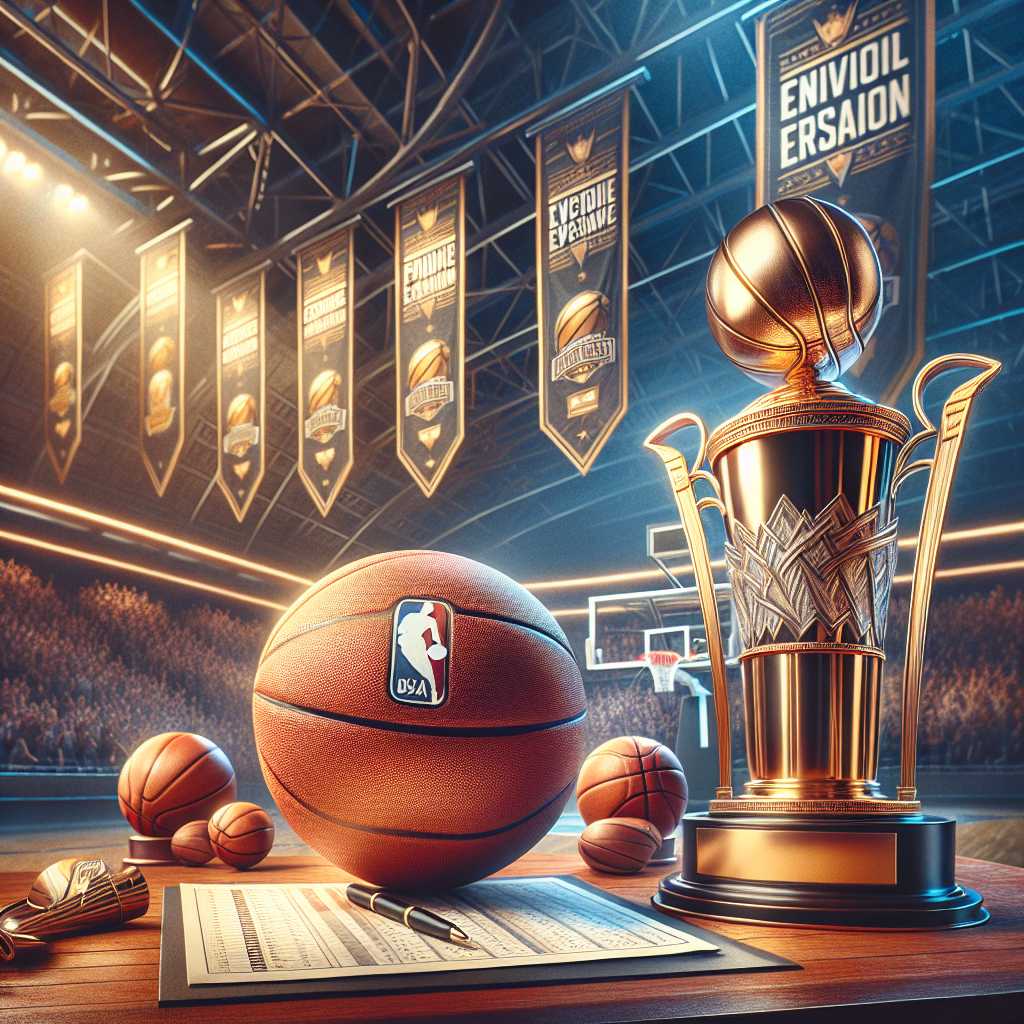Understanding the NBA Cup: A New Addition to Basketball Competitions
In recent times, the sporting world has seen numerous innovations, with leagues and associations striving to improve viewer engagement and offer fresh experiences to the fans. The NBA, one of the world’s leading professional basketball leagues, is no stranger to such innovations. In an attempt to broaden the game’s appeal and introduce a new competitive edge, the introduction of the NBA Cup has been a topic of discussion among basketball enthusiasts.
The Concept Behind the NBA Cup
The NBA Cup is proposed as a tournament that would take place during the regular NBA season. This mid-season competition aims to add a new layer of excitement and competition to the already thrilling NBA calendar. The format is somewhat comparable to football (soccer) cup competitions seen in European leagues, where teams participate in knockout rounds while also maintaining their standing in the regular season league play.
How the NBA Cup Could Work: Format and Rules
Should it be integrated into the season, the NBA Cup would likely involve a mix of regular-season games that count towards both championship standings and cup progress. Teams would potentially be placed into bracket-style elimination rounds based on their performance in these games. The details of how the tournament would fit within the existing structure remain speculative at this stage.
Potential Benefits of Implementing an NBA Cup
There are several perceived benefits to introducing a cup competition to an already successful league like the NBA. Firstly, it could enhance competitiveness as teams that may not have a strong chance in the league might focus on winning the cup. Secondly, it provides an additional revenue stream through broadcasting and sponsorship opportunities. Thirdly, it gives fans more significant games to look forward to outside of the playoffs and finals.
Potential Challenges in Establishing the NBA Cup
However, such integration is not without its challenges. A major concern is scheduling; adding more games to athletes’ schedules may increase the risk of injury and fatigue. There’s also skepticism regarding fan engagement—will audiences invest their time and support in another competition, or will this cause viewer fatigue? Lastly, there’s imaginable resistance from traditionalists who perhaps feel that an additional tournament might dilify the prestige of existing championships.
Notes
Conclusion: What Lies Ahead for the NBA Cup
While an official announcement regarding an NBA Cup has yet to be made at this time, speculation continues to revolve around how it might reshape or impact the current basketball season structure. Initiating such a tournament would represent a significant shift in professional basketball, potentially paralleling moves made by other sports leagues to innovate and retain fan interest in a dynamically evolving entertainment landscape.
Ultimately, balancing innovation with tradition will be critical for stakeholders considering future adaptations such as the introduction of a hypothetical NBA Cup within an established league like the NBA.
